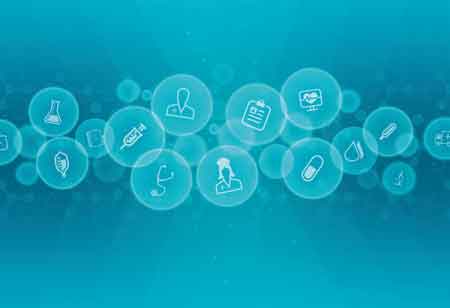Thank you for Subscribing to Healthcare Business Review Weekly Brief
Be first to read the latest tech news, Industry Leader's Insights, and CIO interviews of medium and large enterprises exclusively from Healthcare Business Review
The Future Trends of Addiction Recovery
Technology is transforming addiction recovery, offering personalized, accessible, and effective treatment options.

By
Healthcare Business Review | Tuesday, July 30, 2024
Stay ahead of the industry with exclusive feature stories on the top companies, expert insights and the latest news delivered straight to your inbox. Subscribe today.
Technology is transforming addiction recovery by offering personalized and accessible treatment options. These tools customize treatment to individual needs, enhance ongoing support, and promote sustained recovery.
FREMONT, CA: Technology is transforming addiction recovery, offering personalized, accessible, and effective treatment options. This new approach empowers individuals to take control of their well-being and overcome challenges using advanced tools and data. Treatment becomes more tailored to individual needs as technology develops to transform addiction recovery, making the journey to wellness more effective and sustainable.
These innovations enhance engagement, support sustained recovery development, and quality of life:
Telehealth and Teletherapy: Providing remote access to addiction treatment through video calls, phone calls, and online platforms removes barriers, such as distance, travel, and scheduling conflicts. It allows individuals to attend therapy sessions and support groups from the comfort of their homes services, including virtual counseling, online peer support groups, and follow-up care. It ensures continuity of care and flexibility, making treatment more accessible for individuals with mobility issues or those living in underserved areas.
Mobile Applications: Addiction recovery offers a range of tools and resources accessible via smartphones that can track progress, set goals, and monitor daily activities related to recovery. Features may include self-help resources, meditation exercises, and motivational content. Apps often send reminders for medication, therapy appointments, and self-care practices. They provide feedback and support, fostering engagement and adherence to recovery plans by integrating various recovery tools to enhance the ability to manage their treatment effectively.
Artificial Intelligence: Utilizes algorithms to analyze data and predict relapse risks, whereas AI-driven tools offer personalized treatment recommendations based on individual patterns and behaviors. Chatbots and virtual assistants provide 24/7 support, answering questions and offering guidance. AI helps to detect early warning signs of relapse and adjust treatment plans accordingly by leveraging large datasets, enhancing the effectiveness of recovery strategies.






